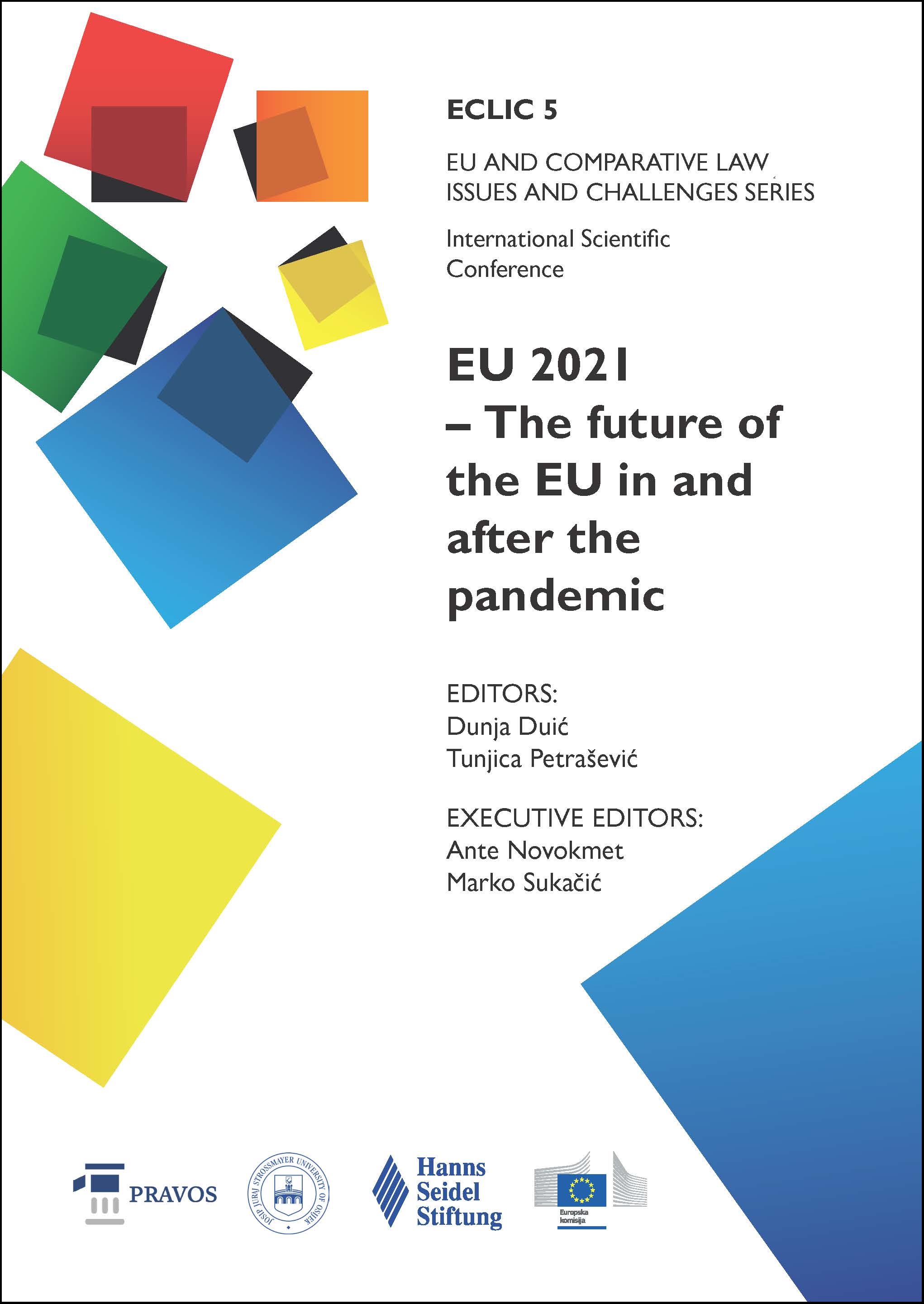ASSESSMENT OF MANAGEMENT CONTROLLING IN PANDEMIC TIMES
DOI:
https://doi.org/10.25234/eclic/18351Abstract
The emergence of coronavirus led to evident consequences for the global economy. During the previous financial crisis, organisations have already determined the elements of crisis management so they could met the new corona crisis readily. Global changes, like the current pandemic situation, provide a different view toward the future expectations. The pandemic has caused new way of functioning under special circumstances such as various restrictions in many European countries, restrictions on people’s mobility and other novelties that have encountered for the first time. Characteristics of this crisis include novelty and pressure in a business environment, which can reveal various vulnerabilities in organisations. Managers were affected by major business changes, and there appeared a need for rapid reorganisation of the current way of functioning. Management had to introduce new control systems that refer to their strategies for exchanging information and decision-making. In general, each crisis is a new opportunity for seeking modern and appropriate models and tools for business improvement. When business situations are challenging, managers are more oriented toward controlling. Therefore, organisations that focus on traditional management models are not very successful in normal circumstances, and even less so in a crisis. This study aims to examine the extent of the structure and function of management control systems in pandemic conditions in Croatian organisations. An overview of current systems in organizations was given, as well as management challenges of the pandemic situations. This study includes the analysis of management control system during the pandemic times. The research was conducted using survey method what referred to analyses of strategic plans, performance evaluation systems, and management controls for performance evaluation in Croatian organisations. The factor analysis of the main components was conducted in order to examine the contribution of predictor variables in explaining the broad-scope management control system. In order to examine the contribution of gender, age, work experience, education, company size, aggregation, timeliness, and integration for explaining of broad-scope the management control system hierarchical regression analysis was conducted. The results confirm that integration is significant predictor in the crisis controlling model, but at the same time, when the integration and timeliness should have positive connection, greater timeliness does not increase to the greater availability. This withdraws the conclusion that uncertainty of environment extents the speed of business processes. Despite of the equal integration during pandemic crises the remote working conditions caused the decrease of the promptness of reporting collected information, which requires new models of controlling in unpredictable situations.
Downloads
Published
How to Cite
Issue
Section
License
Copyright (c) 2021 Matej Galić, Petra Popek Biškupec, Marko Galić

This work is licensed under a Creative Commons Attribution-NonCommercial 4.0 International License.
Authors retain the copyright on the papers published in the Journal, but grant the right of first publication to the Journal. Papers accepted for publication or already published in ECLIC of the Faculty of Law in Osijek may be published by the author(s) in other publications only with proper notice of its previous publication in ECLIC.


